A thorny, much-branched shrub or small tree from 6-30 ft. in height. Small tree with compact, rounded crown of stout, spreading branches; often a thicket-forming shrub. Twigs are reddish and bear thick, oval, toothed leaves. White flowers occur in dense, terminal clusters and are followed by blue-black berries.
This species is a handsome ornamental with showy white flowers, glossy foliage, and odd, shiny black fruits. It is named for its discoverer, David Douglas (1798-1834), the Scottish botanical explorer. Description from wildflower.org
Home > Plant Guide >
Scientific Name
Family
Garden Type
Wildlife
Native Plant Region
Light needs
Water Needs
Plant Type
Bloom Color(s)
Height
Width
Months in Bloom
Safe Beneath Power Lines?
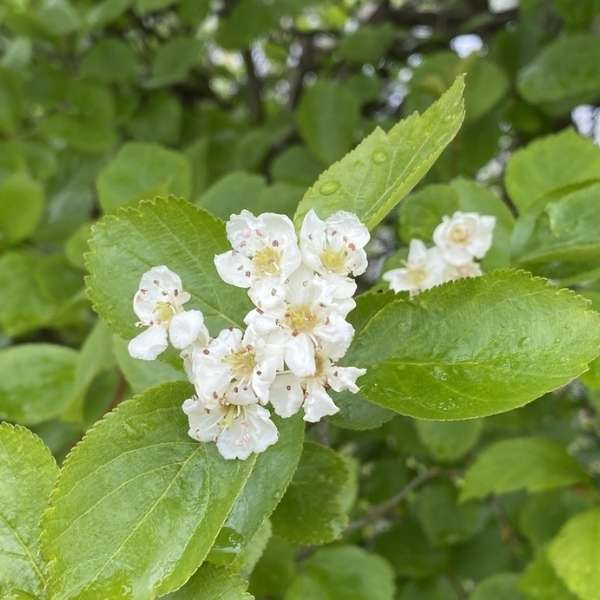
We’d like to maintain accurate and robust plant listings. If you see information that is not correct or that could be added to improve the listing, please let us know. Or if you’d like to suggest a plant to add to our plant guide, you can use this form do so. Thank you!
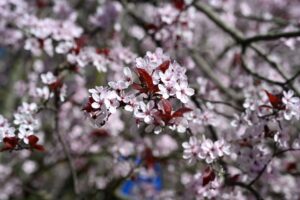
Gardeners can check out seeds for free from the library to plant. Then after harvest, gardeners bring seeds back to the library for others to enjoy in future growing seasons.
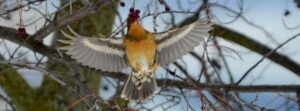
Take a virtual trip across Capitol Hill to learn about urban habitat types, how to identify the unique birds they support, and what we can do to make the neighborhood a safer place for them to live.
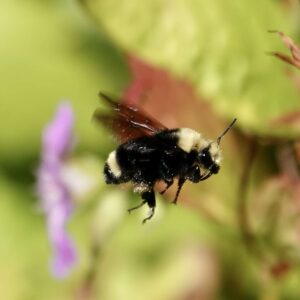
Look closer…and meet the local insects that pollinate the plants around your Seattle neighborhoods. Learn about some of our amazing native pollinating insects.
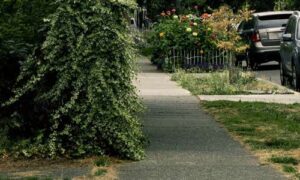
Start a garden in a planting strip along the street. Explore our interactive corridor map, find what to grow, and start nurturing today.

Learn about diversifying the way architecture is taught and practiced from designers of color.
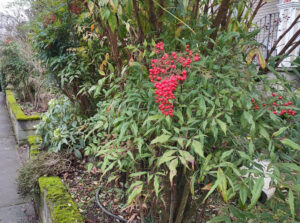
Some introduced plant species can diminish biodiversity. Other plants produce poisons that can harm wildlife. Learn what plants to avoid when figuring out what to plant or remove in your outdoor space.
Nature of Your Neighborhood is a collaboration between Birds Connect Seattle, the Capitol Hill EcoDistrict, and the Seattle Bird Conservation Partnership. Our goal is to foster relationships between the people and the nature of their neighborhoods.